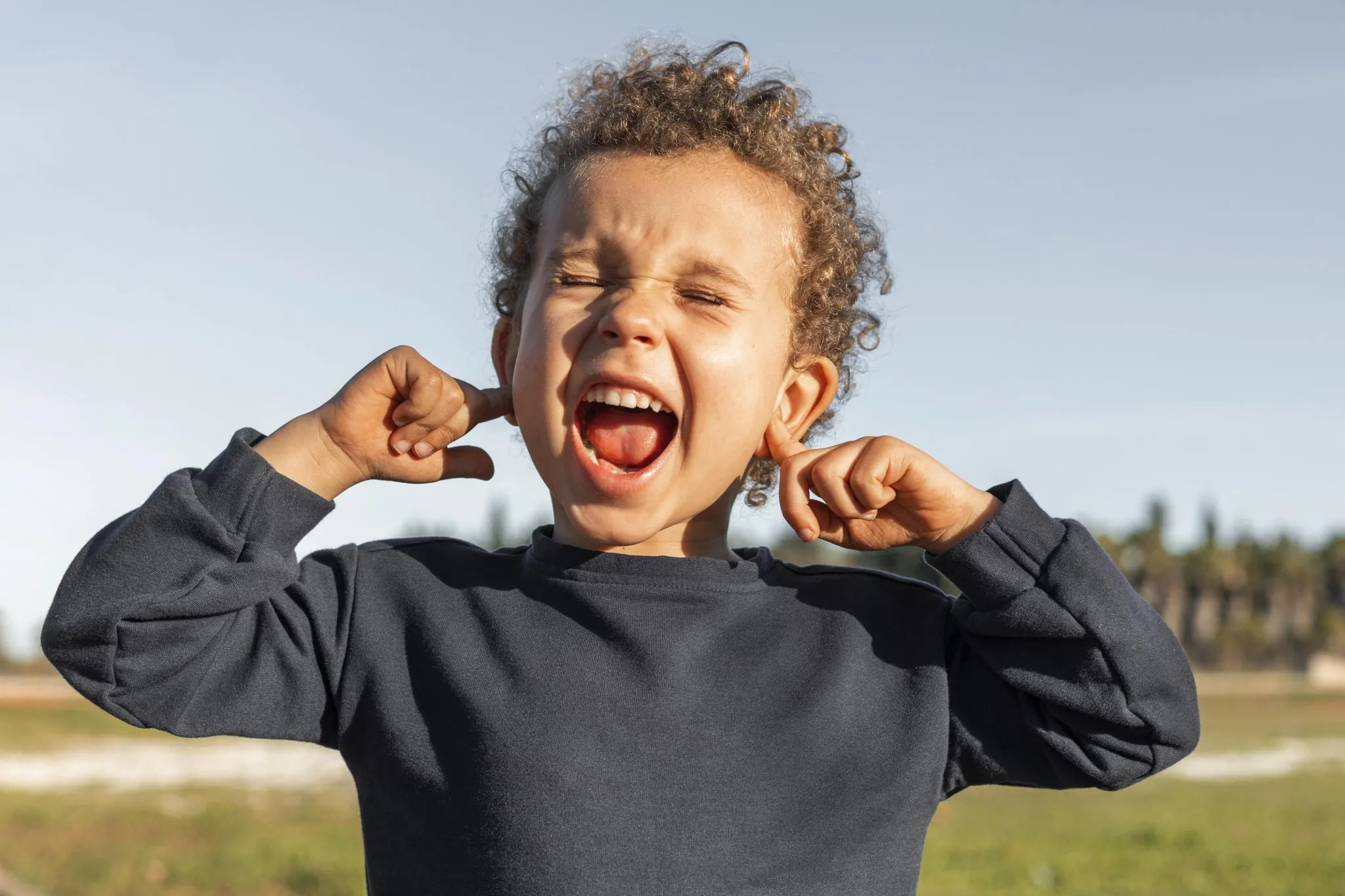
Training Community Volunteers in Psychosocial First Aid for Children
Casal dels Infants – When disasters strike or children face emotional trauma, the first responders are often not doctors or psychologists but members of the community themselves. Training community volunteers in psychosocial first aid for children ensures that every neighborhood has compassionate individuals who can offer emotional comfort and immediate support. These volunteers act as bridges between professional mental health services and the children who desperately need understanding, reassurance, and a sense of safety.
Through structured education and empathy-driven guidance, training community volunteers in psychosocial first aid for children turns ordinary citizens into extraordinary supporters of young emotional well-being. This initiative doesn’t just respond to trauma it builds stronger, more resilient communities where every child feels seen and supported.
Many children in developing communities experience stress due to violence, displacement, family instability, or poverty. Without immediate attention, these experiences can leave deep psychological scars. That’s why training community volunteers in psychosocial first aid for children is a crucial preventive step. It equips people with the ability to recognize emotional distress before it escalates into long-term mental health issues.
Key benefits of early psychosocial intervention include:
Early detection of trauma symptoms – Volunteers learn to notice when a child’s behavior signals deeper emotional pain.
Safe emotional communication – They’re trained to use language that comforts rather than pressures children.
Connecting children to professionals – Volunteers act as the first line of support, referring severe cases to psychologists or social workers.
Reducing stigma in communities – They encourage open discussion about mental well-being and normalize emotional care.
By training community volunteers in psychosocial first aid for children, societies ensure no child faces trauma alone — help is always nearby, from someone who understands and cares.
Training community volunteers in psychosocial first aid for children doesn’t require a psychology degree. It’s about empathy, understanding, and structured learning guided by professionals. The training focuses on three main pillars:
Understanding Child Psychology
Volunteers learn about developmental stages, emotional needs, and how trauma affects the brain. Recognizing fear, guilt, and sadness helps them respond appropriately to different age groups.
Practical Communication Techniques
Using open-ended questions instead of assumptions.
Encouraging children to express themselves through drawing, storytelling, or play.
Avoiding judgmental phrases or dismissive behavior.
Maintaining calm, positive energy during conversations.
Crisis Response and Self-Care
Volunteers also learn to manage their own emotions while helping others. Training community volunteers in psychosocial first aid for children emphasizes emotional boundaries, ensuring helpers don’t absorb the distress of the children they support.
This structured training model allows volunteers to not only provide comfort but also to guide families through recovery — transforming pain into resilience.
One of the most remarkable outcomes of training community volunteers in psychosocial first aid for children is how it strengthens social cohesion. When members of a neighborhood understand emotional care, empathy becomes a shared value. Children begin to grow in safer environments, where kindness is practiced daily.
The wider community benefits through:
Empowered families – Parents receive advice from trained neighbors who help them handle emotional issues calmly.
Safer schools – Teachers collaborate with volunteers to identify struggling students early.
Resilient youth – Children learn coping mechanisms and build confidence through guided activities.
Long-term empowerment – Mental health becomes part of everyday community discussions rather than a hidden issue.
By promoting awareness and emotional literacy, training community volunteers in psychosocial first aid for children reshapes how societies respond to emotional challenges — turning vulnerability into collective strength.
The power of community lies in its people. Training community volunteers in psychosocial first aid for children represents a global shift toward empathy-based action. Every trained volunteer becomes a protector, a listener, and a hope-giver for the next generation. As these programs expand, we move closer to a world where no child suffers in silence — because somewhere nearby, someone has the skills and heart to help.
When a community takes responsibility for its children’s emotional safety, it plants the seeds of lasting peace and understanding. That’s the essence of true empowerment: compassion in action.